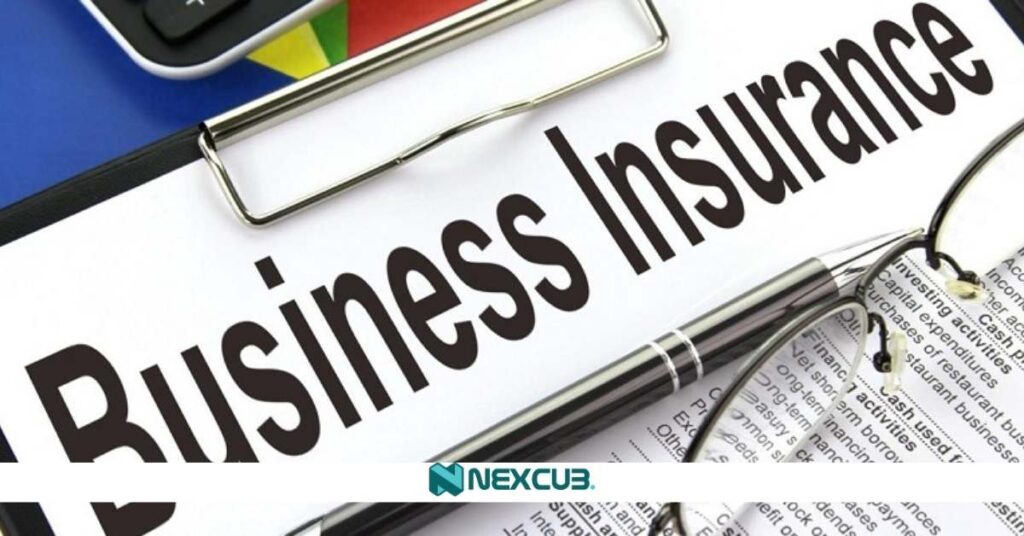Our Location
304 North Cardinal St.
Dorchester Center, MA 02124

Running a small business comes with risks, and unexpected events like accidents or lawsuits can drain your finances fast. That’s where small business insurance steps in. It protects your business from potential losses, giving you peace of mind. But how much does small business insurance cost, and is it worth the investment?
Understanding small business insurance costs can help you make the right financial decisions and secure your business without breaking the bank!
Small business insurance is a safety net that protects your business from unexpected financial losses. It covers property damage, lawsuits, employee injuries, and more. Whether you’re running a retail shop, a tech startup, or a construction company, having the right insurance is key to staying secure.
Small business insurance policies can be customized to fit your needs, ensuring you’re covered for risks specific to your industry. Without it, one accident or legal claim could harm your business’s future.
The industry your business operates in plays a big role in determining insurance costs. High-risk industries like construction or manufacturing typically pay more for coverage due to increased chances of accidents or property damage. Low-risk sectors like consulting or graphic design often have lower premiums.
Larger businesses or those with higher revenue generally face higher premiums. This is because bigger operations often involve more assets, employees, and customers, increasing the likelihood of claims.
Where your business operates can influence costs. Areas prone to natural disasters, such as hurricanes or floods, often lead to higher property insurance rates. Additionally, local laws and regulations may require specific coverages.
The more coverage you need, the higher your premiums will be. For example, adding workers’ compensation or cyber liability insurance will increase your overall costs. Policy limits also matter higher limits mean greater protection but come with a higher price.
Businesses with a history of claims or a poor credit score may face increased premiums. Insurers see these as indicators of higher risk, leading to costlier policies.
Finding the right insurance for your business starts with understanding your specific needs. Evaluate the risks in your industry and the assets you want to protect. Compare quotes from multiple providers to ensure you’re getting the best deal.

Online tools and insurance marketplaces make this process easier by showing you options side by side. Working with a trusted business insurance broker is another great option. Brokers understand the industry and can recommend policies tailored to your business.
Finally, check the insurer’s reputation look for reviews, customer ratings, and financial stability to ensure they can handle claims promptly.
Reducing your small business insurance costs doesn’t mean sacrificing coverage. Bundle multiple policies, like general liability and property insurance, into a Business Owner’s Policy (BOP) to enjoy discounts.
Maintain a safe workplace to lower the chances of claims and potentially reduce premiums. Regularly review your policies to ensure you’re not overpaying for unnecessary coverage.
Increasing your deductible the amount you pay out of pocket for claims can also reduce your monthly premium. Lastly, build a clean claims history over time to prove you’re a low-risk business, which could qualify you for lower rates.
Small business insurance costs vary widely depending on the type of coverage. Each type addresses specific risks, so combining policies can offer broader protection.
Workers’ compensation insurance is required by law in most states if you have employees. The cost of workers’ compensation insurance is based on several key factors:
Commercial property insurance covers damages to physical assets like your building, equipment, and inventory. Here are the factors that affect its cost:

General liability insurance is one of the most common types of insurance for small businesses. It protects against claims of property damage, bodily injury, and other types of liability. The cost of general liability insurance depends on:
Typical Costs:
Professional liability insurance (also known as errors and omissions insurance) is designed to protect businesses that provide services or advice. This coverage helps defend against claims of negligence, mistakes, or failure to deliver services as promised. The cost of professional liability insurance can vary based on several factors:
Typical Costs:
Workers’ compensation insurance covers medical expenses and lost wages for employees injured on the job. It’s often required by law if you have employees. The cost of workers’ compensation is influenced by several factors:
Typical Costs:
A Business Owner’s Policy (BOP) bundles essential coverages like general liability insurance and property insurance into a single, cost-effective package.

BOPs are popular among small businesses because they offer comprehensive protection at a lower cost than purchasing individual policies. The cost of a BOP can vary based on several factors:
Typical Costs:
Also Read: Unlock Business Growth with Pedrovazpaulo Business Consultant
Lowering your small business insurance costs doesn’t mean sacrificing coverage. There are several strategies to reduce premiums while maintaining the protection you need.
By following these steps, you can keep small business insurance costs manageable without sacrificing essential coverage.
The factors that affect small business insurance costs is crucial for making informed decisions about your coverage. By comparing policies, bundling options, maintaining a safe work environment, and reviewing your needs regularly, you can manage expenses effectively. Always choose coverage that protects your business adequately while exploring ways to reduce costs. Ultimately, a smart approach to small business insurance ensures that your business is both well-protected and cost-efficient, giving you peace of mind as it grows.
The cost of a $2 million insurance policy varies based on factors like industry and location, but it typically ranges from $1,000 to $5,000 annually for general liability coverage.
Insurance for a startup can cost anywhere from $500 to $3,000 per year, depending on the type of coverage, industry, and size of the business.
A $1 million business insurance policy usually costs between $400 and $1,500 annually, depending on the business’s risk level and coverage needs.
A $5 million insurance policy for a business can range from $2,000 to $10,000 per year, depending on the type of coverage, industry, and risk exposure.